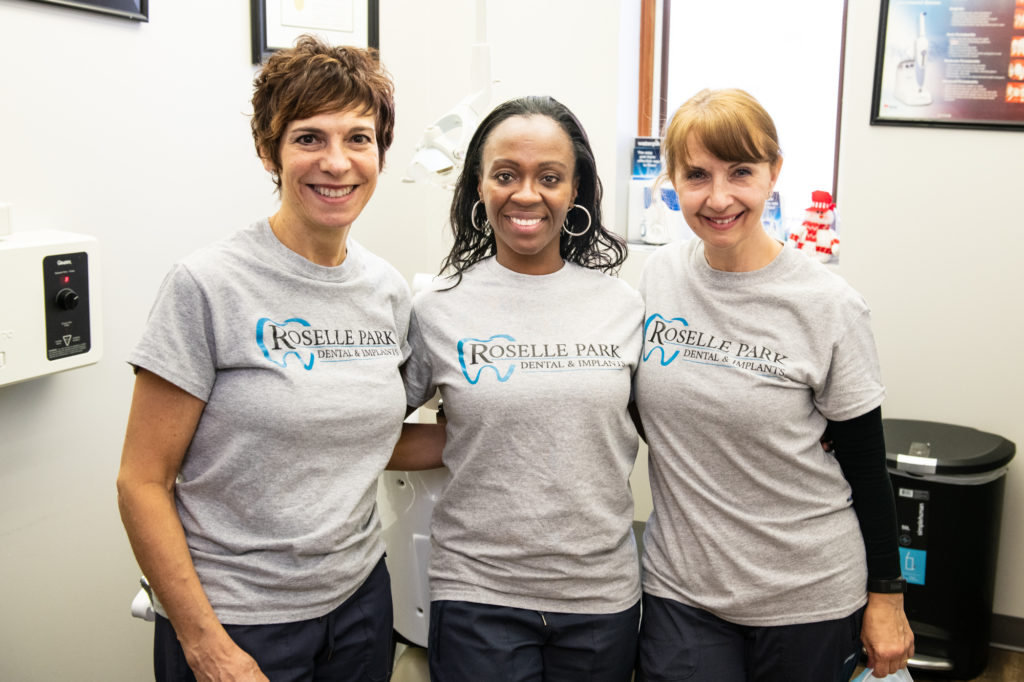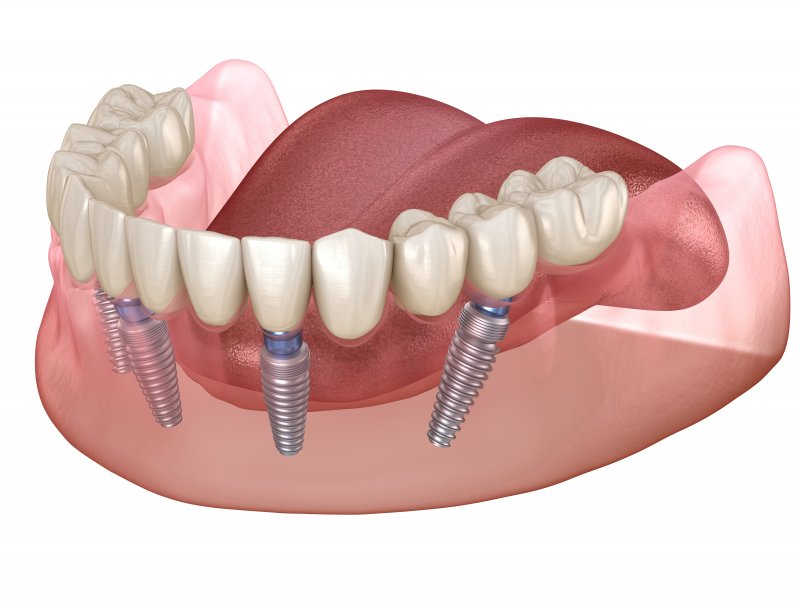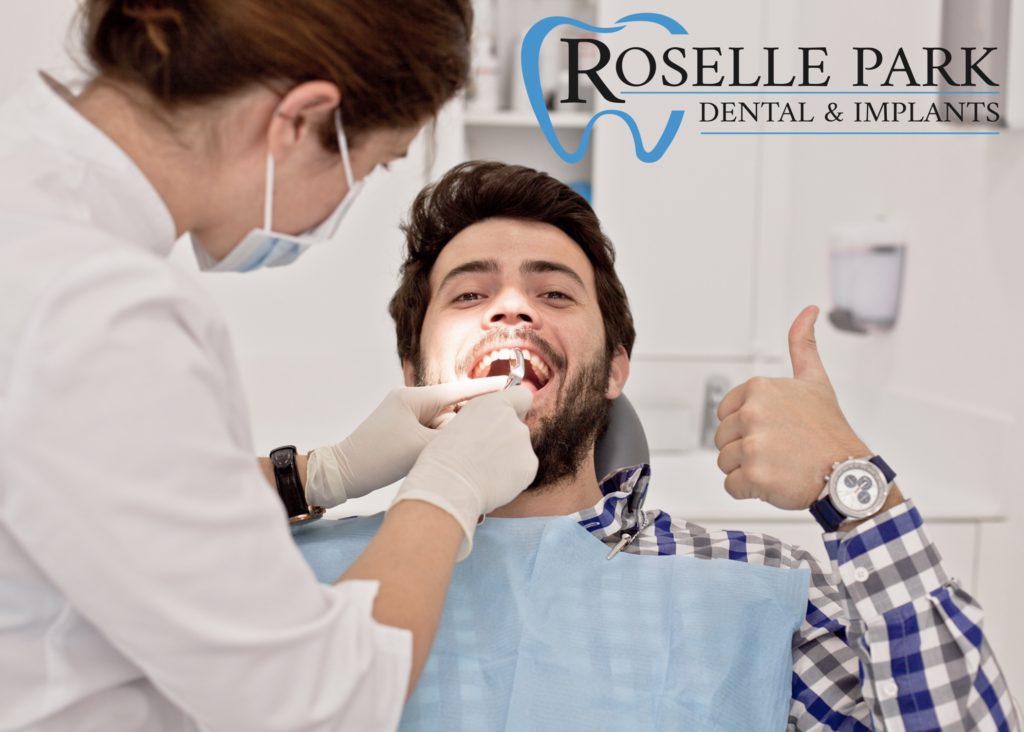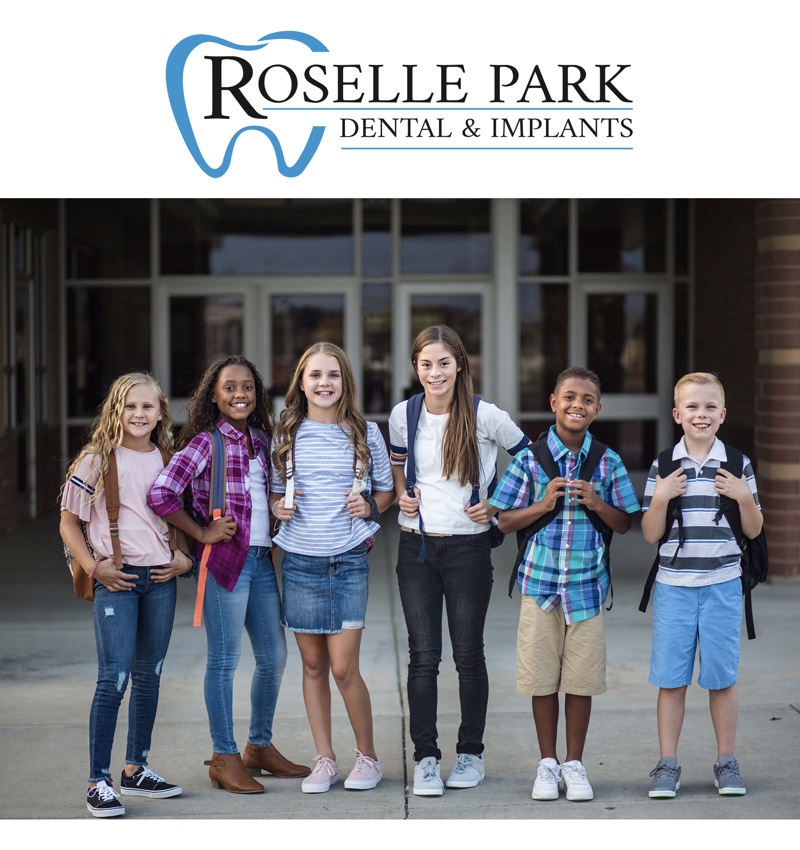
Specially written for Roselle Park Dental & Implants by Sara Magnola Taner
It’s the most wonderful time of the year! ‘Tis the season to eat, drink, and be merry. We all know that some foods and drinks are worse for our waistline and our overall health than others, but did you know that some foods are extra harmful to our oral health? Foods that are high in sugar – such as candy and soda – are obvious cavity causing culprits, but some others are less obvious, but just as bad.
The good news is, by making a few quick swaps, you can still enjoy all the holiday festivities while protecting your healthy smile. So before the celebrations begin, take a few minutes to read what to avoid and what’s the better alternative.
Eat: Cheese NOT Bread
When faced with pre-dinner hors d’oeuvres choices, skip the bread basket, but cheese lovers rejoice! According to a study published in the Journal of the American Academy of General Dentistry enjoying some cheese is a great choice for your oral health, since it raises the pH level in your mouth, which lowers the risk of developing tooth decay. Eating refined bread on the other hand causes cavities, because once chewed, bread breaks down into a sticky paste that easily gets stuck between teeth and turns into plaque.
Avoid Dried Fruits – Enjoy Fresh Apple Slices
While dried fruit may seem like a relatively healthy choice as a party
snack, it is not the best option for your teeth and gums. Dried apricots, figs,
and prunes are extremely sticky, and have a high concentration of sugar, which
is a dangerous combination for your oral health when all that sugar adheres to
the tooth surfaces like super glue. Fresh fruit – especially apples – are often
found on cheese plates and are lower in sugar than their dried counterparts. Additionally,
chomping on fibrous apple slices helps to scrub other foods particles off your
teeth and increase saliva production which aids in rinsing them away.
Sip Water, Skip Seltzer
Since seltzer and sparkling water are soda’s sugar-free cousin, you might assume it is the better choice. However, these beverages are carbonated so they have a higher acid level than plain water. Some reports indicate that sipping sparkling water can weaken your tooth enamel, making them more susceptible to cavities developing. So, while seltzer and sparkling water are the healthier option over soda – plain old water is the BEST choice for your teeth and gums.
Happy Holidays from all of us at Roselle Park Dental & Implants! It’s not too late to schedule your next dental cleaning before the season is over – call us today: 908-998-4698.









